This list of the best writing resources for first time writers is exactly what I would have wanted when I first started writing. I found these writing tools slowly over the course of many years. But I wonder how much quicker I could have improved if I’d had all of them right from the very start…
I’ve grouped these writing resources into books, courses, podcasts, technology and software. Some of these are completely free, some are $100+ and some are in-between.
Best Books For First Time Writers
You always see these huge long “best books for writers” articles that have about a gazillion books on them. I’m not knocking them but I don’t think those lists do much for the first time writer.
Reading is important if you want to be a writer. But read books that you want to write. You only need a few books on “how to write”. Any more than that and you’ll become overwhelmed or you’ll kid yourself into thinking your making progress when you haven’t even written a single word.
So… Check out these books for writers. They’re the best of the best. Then buy some books within the genre you want to write. Then start writing immediately!
How to Write a Novel Using the Snowflake Method by Randy Ingermanson
Hands down, this is the best book for beginner writers.
The Snowflake Method will take you from knowing ZERO about writing to having a book outlined and ready to go along with the confidence to dive into writing it.
This is an instructional manual that takes you by the hand, step-by-step, as you plot your story and characters. But it’s unlike any other instructional manual and is anything but dry.
You learn the lessons by way of the story of Goldilocks who is attending her first writing class hosted by Little Bear. The story itself is delightful, makes the lessons sink in extraordinarily well, and the whole experience is a lovely way to learn.
I wish there were more books like this.
If you’re a beginner writer and you only buy one book on writing, make it this one.
Writing the Breakout Novel by Donald Maass
It was difficult to pick just one book on writing from esteemed New York literary agent Donald Maass.
I could have also chosen:
But I think Writing the Breakout Novel is the best place to start because it’s aimed at first time novelists, particularly those who want a massive success right out of the gate.
Writing the Breakout Novel will teach you all you need to know about stuff like premise, stakes, characters, plot, pace, voice, and more.
What I really love about Maass’ books is that he draws his lessons from analysing a ton of different great works of fiction (both literary and popular) that span all the possible genres.
In addition to a ton of motivation and practical lessons, you’ll also get a big reading list of awesome books to check out. Seriously, after reading a few writing manuals, your time is best spent reading a wide range of fiction.
On Writing by Stephen King
There’s no way I couldn’t mention On Writing by Stephen King.
Stephen King’s books are the reason a lot of us even got into writing in the first place. Some of my best reading experiences in my life have been with King’s books – The Shining, IT, and 11/22/63, to name just three.
King’s memoir on the craft of writing is essential reading for any beginner writer. Whether you decide to be a writer who plots and outlines (like James Patterson or as detailed in The Snowflake Method) or if you decide to write by the seat of your pants like King, On Writing is perfect for everyone.
Part autobiography, part schooling in the tools of story writing, On Writing will get you fired up like nothing else.
Best Writing Courses For First Time Writers
Most writing courses suck. And that’s putting it kindly. Both the online course variety and the in-person course. I’ve taken a bunch of both and almost always I’ve felt underwhelmed and conned out of way too much money.
Very often writing courses will have a huge price tag and be taught by a nobody who never sold a single book of their own. They’re also usually boring and can end up doing more damage to the beginning writer than good.
That’s why I’m very hesitant to recommend any writing courses.
There’s really only one paid course for writers I actually recommend. And it’s worth every penny.
MasterClass
MasterClass are crushing the online course game. You might have already heard about them. They don’t just offer writing courses. They have cooking, acting, directing, singing, and music courses too.
I’ve personally enrolled in and loved every single one of their writing courses:
- Judy Blume Teaches Writing (review)
- James Patterson Teaches Writing (review)
- Aaron Sorkin Teaches Screenwriting (review)
- David Mamet Teaches Dramatic Writing (review)
- Bob Woodward Teaches Investigative Journalism
- Shonda Rhimes Teaches Writing for Television (review)
MasterClass seems pricy at $90 a course but it’s actually on the more affordable end when it comes to online courses – and you cannot argue that the instructors deserve that price tag.
If you go for the All Access Pass, it’s only $180 for access to the entire MasterClass lesson catalogue. That’s a bargain.
I’ve learnt so much from all of the MasterClass writing courses but if I had to (with great difficulty) narrow down my favourites, I’d have to recommend the James Patterson course and the Aaron Sorkin course because both of them directly helped me with my writing and got me finishing my work when I didn’t think I could.
Best Writing Technology & Software For First Time Writers
Writing technology? Software? Don’t you just need the writing software that comes free with your computer (e.g. Pages, Word)? Or, better yet, why not just use a pen?
True. You could use Pages or Word. I used Word to write my first novel. But I hated every step of the process. I hated how much it crashed. I hated how unintuitive it was. And when I found a better solution, I never looked back.
Once you’ve got a decent bit of writing kit, the only real software you might want to plump for is stuff to keep you up to your eyeballs in story goodness. But these suggestions are optional and, to be honest, you probably already have them.
Scrivener
Scrivener is the best writing software on the planet.
I’ve tried tons – not a single one of them compares to Scrivener.
At first, Scrivener seems daunting. You might even notice that there are whole books written about this writing software. But it’s not that complicated and it really only takes a few minutes to get writing with it. True, it will take a bit longer to get acquainted with all of its other features but the process is enjoyable and there are tons of free YouTube videos that teach you everything you need to know.
I’ve used Scrivener to write novels, screenplays, poems, academic essays, business proposals – and each time, the software manages to invigorate me and keep me focused on what truly matters: the work.
It’s just $45 and it will keep you writing happily for many years to come. Absolute bargain.
Kindle
The Kindle app is free to download. The Kindle Paperwhite E-reader is $100. Both have enabled me to read way more than I would have without them.
I’d actually rank the Paperwhite as one of the few physical possessions I truly prize.
I love having a library right at my fingertips anytime anywhere. Thanks to the app and the e-reader, I’ve been able to read 200-300 books a year by taking advantage of commuting, waiting in lines, and periods of downtime.
The Paperwhite is a wonderful investment. After the initial hundred bucks is paid off, you can fill it with some of the best books ever written completely free thanks to the public domain. You can also get books for a fraction of the price that they retail as paperbacks.
I know I’m preaching to the choir here. If you’re looking to write, you’re already a fan of books. But if you haven’t made the leap to e-reader yet, I heartily recommend it.
Audible
If you haven’t already checked out Audible, you can get 2 free audiobooks upon first signing up. It’s worth it for that alone.
The best thing you can do as a writer is to constantly immerse yourself in lots of different stories. The more immersion you can fit in, the better.
The Kindle lets you take advantage of periods of time that are normally wasted (e.g. waiting, commuting). Audible lets you take advantage of those periods where your hands are occupied but your mind is ready to be filled.
Thanks to Audible, my gym session adherence is at 100%, my drive time is way more fun, and I love cooking meals because I can listen to a story while I do it.
Best Writing Podcasts For First Time Writers
Writers should continuously learn about their craft and industry. I don’t believe you should become so obsessed with learning craft that it becomes a detriment to your actual writing, but you do need to keep your engine well oiled.
The best way to keep learning is by snatching those periods of time that would otherwise have been wasted. So whether you’re on the stationary bike at the gym or wedged between commuters on your morning train, pop in your headphones and take advantage of some great free podcasts.
There are endless great podcasts out there, with more being added each day. I’d rather stick to a couple of stellar ones that I know work for me than getting overwhelmed with too much information. So here I’m recommending what I think are the two best podcasts for writers available anywhere on the internet.
The Creative Penn Podcast
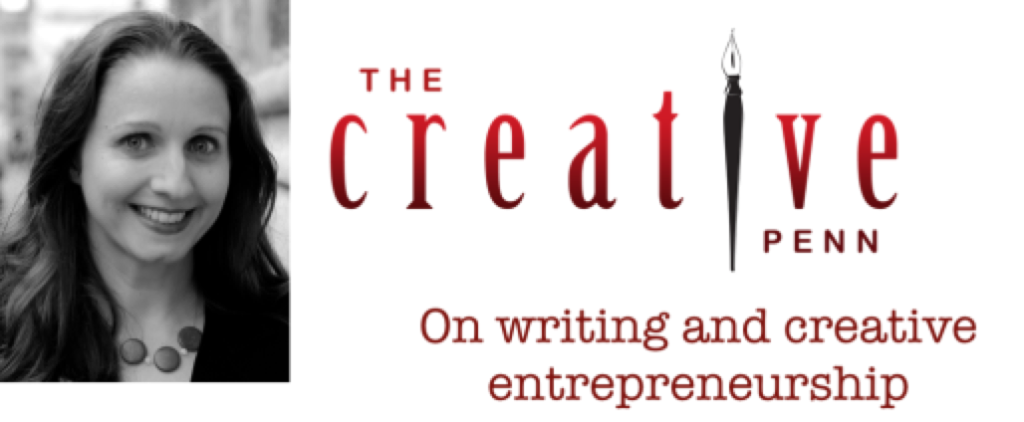
Joanna Penn is one of my heroes. I have learnt so much from her great books and the several podcasts she puts out each month under The Creative Penn.
Most of Joanna’s podcasts are in the long-form interview format and often run around the hour mark. Joanna typically begins each podcast with fascinating industry news, personal updates (which are highly motivating), and then dives into an interview with an expert or top writer and ends up addressing the most diverse array of exciting topics.
Here are a few Creative Penn podcasts I’ve enjoyed recently:
- How To Write Diverse Characters With Alex Anders
- How To Fast Draft Your Memoir With Rachael Herron
- How To Make Your Book A Perennial Seller With Ryan Holiday
- How To Write Emotion And Depth Of Character With Becca Puglisi
- Your Magic Bakery Of Intellectual Property Rights With Dean Wesley Smith
The Creative Penn Podcast is truly one of the best blends of information and motivation I have ever found in the podcast space. If you’re just starting out with writing, you’ve got to listen to it.
Writing Excuses
The slogan of Writing Excuses doesn’t do the best job of summing up the podcast: “Fifteen minutes long, because you’re in a hurry, and we’re not that smart.”
Yes, these podcasts are short and are perfect primers for getting you ready to write (they even come with a homework assignment at the end). I enjoy listening to one whilst having a walk and a coffee right before I begin writing.
But the hosts definitely ARE that smart. I’ve learnt so much from them all and they never fail to motivate me.
I originally checked out this podcast because Brandon Sanderson is on the host panel and I’ve gobbled up a few of his books. But I’ve since fallen in love with the whole cast and cannot recommend this podcast enough to first time writers.
Here are some Writing Excuses podcasts that I’ve recently enjoyed:
- Horrifying the Children, with Darren Shan
- Writing Excuses True Confessions
- Villain, Antagonist, Obstacle
- Structuring a Series
- Raising the Stakes
Before you next sit down to write, try listening to one of these podcasts first. And if you’re stuck about what to write, try their homework.
Best Writing Resources For First Time Writers
So there you have it. Those are what I believe to be the best books, courses, software, and podcasts for first time writers. You definitely don’t need all of them but you can do a lot worse that this stuff and, when starting out, you don’t need much more.
Now it’s time to go write!
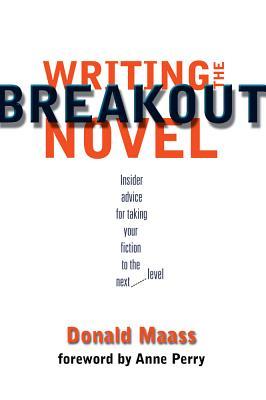
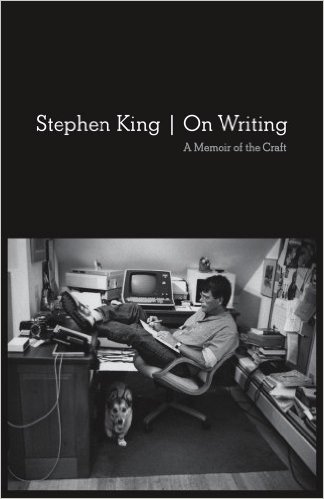
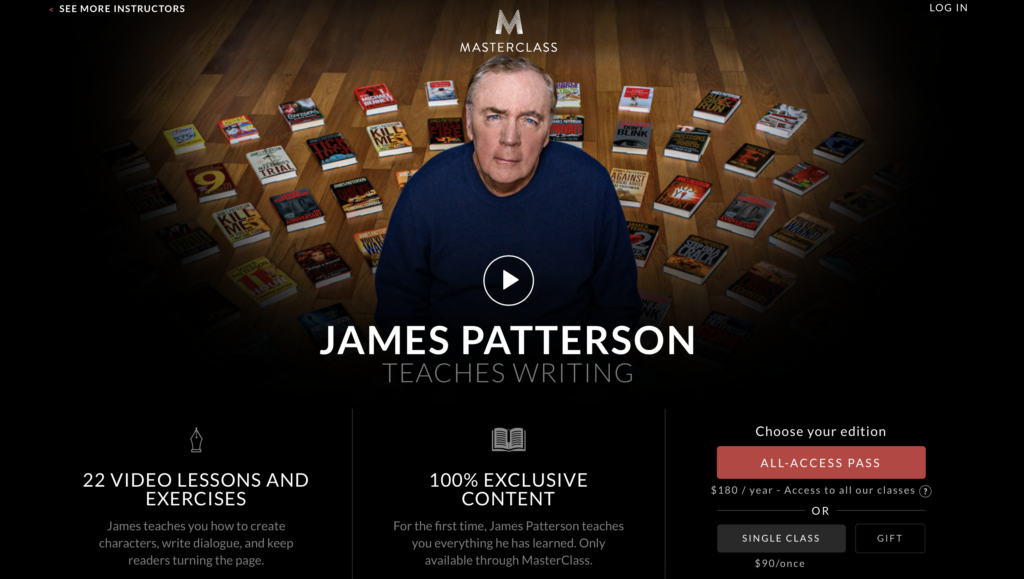
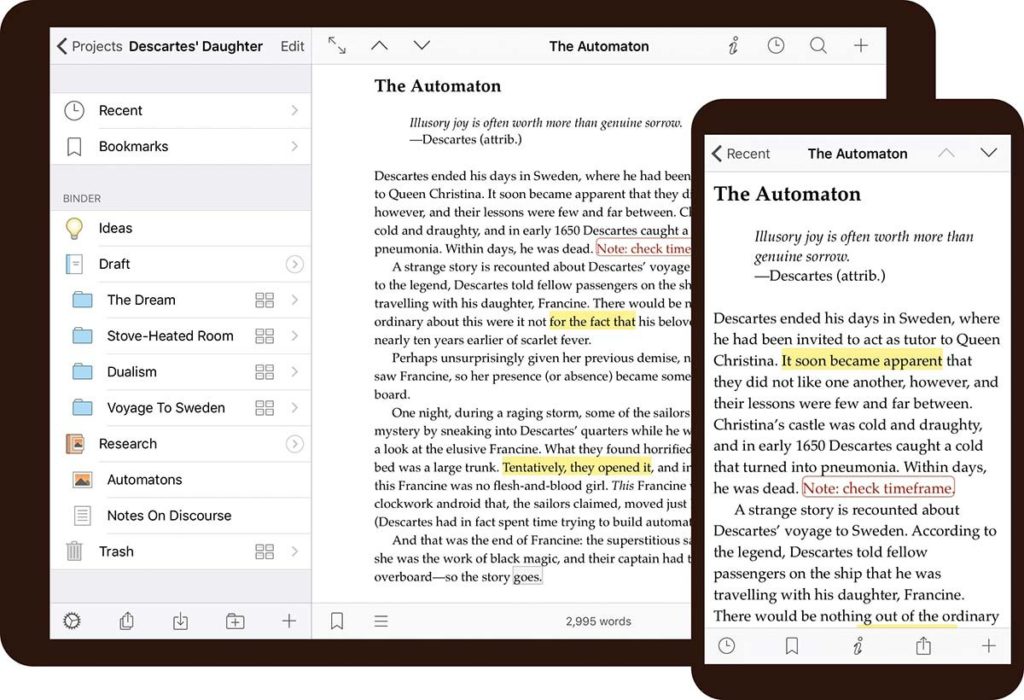
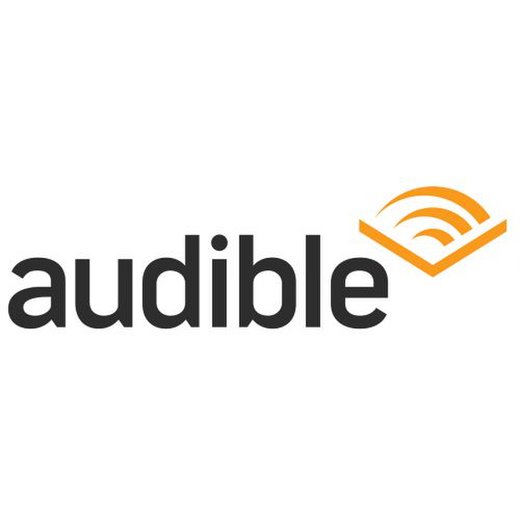

What have you written?
Everything really. Novels, short stories, articles, essays, poems. I’ll be sharing my YA stuff later this year with sales info – hopefully will be of interest to a few people looking to get into the indie publishing scene.
Nice…well whatever you’ve got I’ll be waiting!